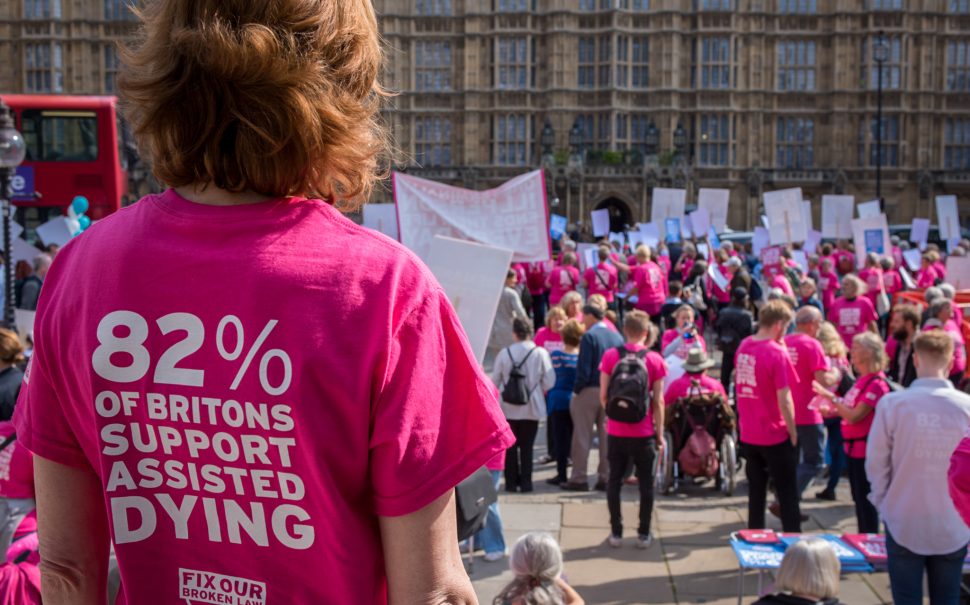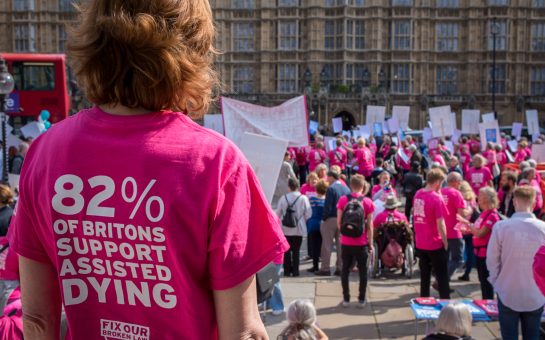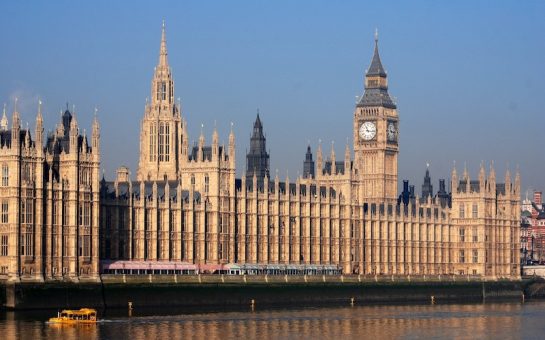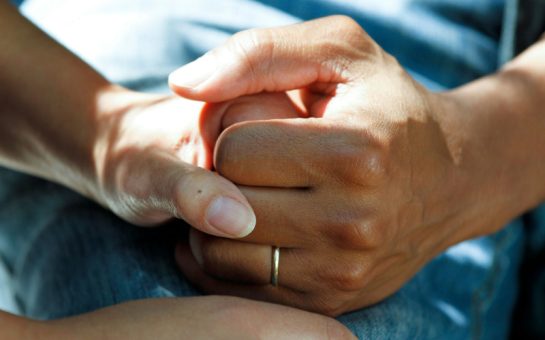The proposed assisted dying bill continues to divide London’s religious and non-religious communities.
The sanctity of life and death is the pillar of every major religion and human morality, so naturally the introduction of the Assisted Dying Bill has sparked a nationwide conversation.
Unsurprisingly, the bill has divided members of London’s various faith groups and started a thought provoking debate.
The history
Assisted dying has always been a point of contention in communities around the world, and was first proposed in the UK by Dr C. Killick Millard in 1931 for incurable invalids.
Dr Millard went on to co-found the British Voluntary Euthanasia Society which is known today as Dignity in Dying, a campaigning organisation with a long history of attempting to reform the law on assisted dying.
The first attempt to reform the law was by Lord Arthur Ponsonby in 1936, but was unsuccessful.
In October 2024, 88 years after the first attempt at reform, Kim Leadbeater successfully introduced the ‘Terminally Ill Adults (End of Life) Bill’ to the House of Commons.
The bill is currently in the report stage.
The British Medical Journal defines assisted dying as the prescription of life ending drugs for terminally ill, mentally competent adults, after meeting strict legal safeguards.
The proposed Bill defines assisted dying and its eligibility as:
Assisted dying across the world
Assisted dying is legal, in some form, in 10 countries across the globe as well as in six out of seven states in Australia, and 11 states in the US.
The atheist
Will, a 24 year old atheist in London, supports the bill due to personal reasons rather than religious reasons, as his great aunt, Jane Doe, chose assisted dying after a long illness.
Jane Doe lived in Rotterdam, The Netherlands and was very ill and suffered medical complications for several years.
When the pain became unbearable, she made the decision to end her life peacefully through assisted dying in 2018.
Assisted dying was legalised in The Netherlands in 2002, under specific conditions.
Will said: “My mum felt like It was the right thing for my great aunt to do for herself.”
Most of Jane Doe’s Dutch family were against her choosing assisted dying, but WIll’s side of the family, especially his mother, were pro assisted dying because they could see how much pain Jane Doe was in.
Will said: “It really divided the family, almost 50/50.
“I want everyone else to be in the same position to [choose assisted dying] for themselves, if it is the right choice for them.”
Despite being pro assisted dying due to his family ties with the matter, Will believes the process must be strictly regulated.
Will said: “You’d love to think everyone’s family members have their best interests at heart, but that’s not always the case, so it becomes quite a grey area when an individual does not have the capacity to make decisions for themselves.
“You can’t just be having a bad day, it has to be a well thought out decision over time.”
Euthanasia in the Netherlands is legal if a person makes a voluntary request, and their suffering – physical or psychological – is assessed by doctors as ‘unbearable’, with no prospect of improvement.
In 2024, there were 9,958 euthanasia deaths in the Netherlands with 86% being attributed to advanced physical diseases such as cancer.
Of those, 2%were attributed to psychiatric reasons, such as mental illness, or dementia in the case of Els and Jan who chose to die together.
The politician
While the Bill has been somewhat successful in parliament so far, there are still many MPs against the bill, such as Labour’s Dawn Butler.
Butler said: “I’ll be voting against [the bill], I think we should assist people to live before we assist them to die.”
Butler thinks the Bill is unfit as it does not account for people with certain conditions, such as MND or Locked-in syndrome.
Instead, she believes the bill is a trojan horse to be expanded upon in the future.
The Christian
The Christian community has been very split over the proposed Assisted Dying Bill.
Many members of Dying for Dignity are christians and they believe the bill is aligned with Christian values, as relieving needless suffering and bringing peace is a profoundly Christian act.
Former Archbishop of Canterbury Lord Carey said: “It is my greatest hope that, after many years of delay, lawmakers will now finally grasp this issue and craft a new settlement for dying people that provides the compassion and kindness that so many in this country would like to see.”
However, other factions of Christianity, such as The Catholic Union, question the regulation of the Bill.
They are skeptical of the subtleties of coercion and how the passage of the Bill would create a coercive force, putting the most vulnerable individuals at risk.
They stress the need to offer palliative care when people are suffering, rather than killing the sufferer, and explore the nuances of capacitous decision making.
Advocacy group Christian Concern voiced real concerns over certain groups not being excluded from the bill such as pregnant mothers, disabled people, those who voluntarily stop eating and drinking to worsen their condition.
Amy, a Christian and resident of South London, is against the bill as she does not trust the UK government’s capacity to ensure assisted dying is safe and regulated, believing the Bill lacks nuance.
Amy said: “In the Bible, God teaches us that life is sacred.
“The decision to end a life should not be put into human hands.”
Amy and the congregation at her Catholic church have contacted the area’s MPs to vote against the bill, and urge others to do the same.
The Hindu
Ved, a hindu from North London, views the assisted dying bill positively.
Hinduism teachings speak of reincarnation, stating that the form of the human body may leave this earth, but the spirit and the soul never leaves and has the process of being reintroduced in another form.
Ved shared: “Inherently our religion teaches us that pain allows us to reach a higher self but relentless suffering requires mercy.
“It is more honorable to be merciful than to allow another being to suffer endlessly.”
Ved believes that being honest and compassionate are key tenets of hinduism and this is what the assisted dying bill affords individuals.
Recognising that your time may be up on this earth is noble, as your divine self never leaves.
It is better to end the torment of a terminal illness than to allow an individual to continue to suffer.
Where belief meets choice
The Assisted Dying Bill continues to stir both support and resistance in equal measure, cutting across lines of faith, philosophy and personal experience.
Whether grounded in scripture, lived suffering or secular ethics, the views shared by Londoners reflect the deep emotional stakes of end-of-life decisions.
As the UK edges closer to potential legislative change, it is clear that this is not just a political issue, but a profoundly human one too.
The conversation has sparked a difficult and necessary debate over the sanctity of life and death, and our autonomy as individuals in the matter.
For many Brits, dignity and belief are not seen as opposing forces, but as parts of the same story.
The Terminally Ill Adults (End of Life) Bill will have its third reading on Friday 20 June.
Public opinion in the UK
Quiz
Feature image credit: Lorentz Gullachsen for Dignity in Dying via Flickr





